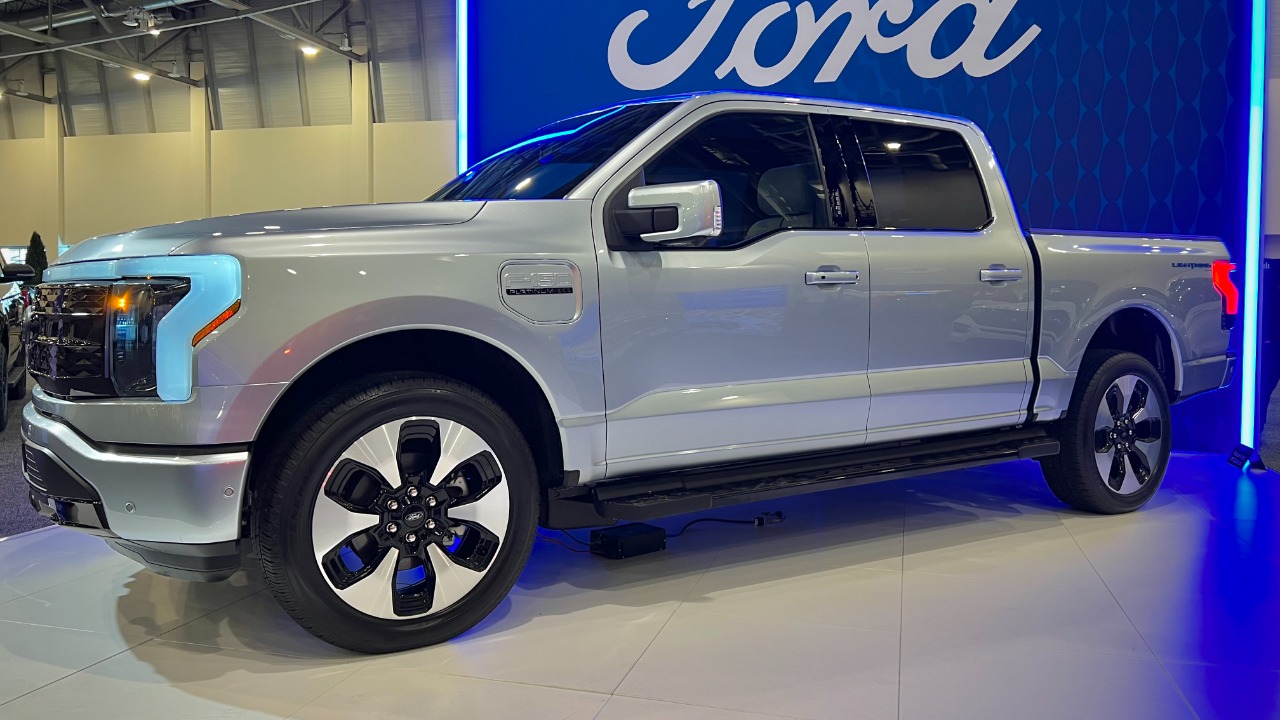
In the ever-evolving automotive landscape, even the most iconic trucks are not immune to change. As manufacturers face shifting consumer preferences and regulatory challenges, some popular truck models are quietly being phased out. Let’s take a closer look at seven automakers that are ending their best-selling trucks.
Ford
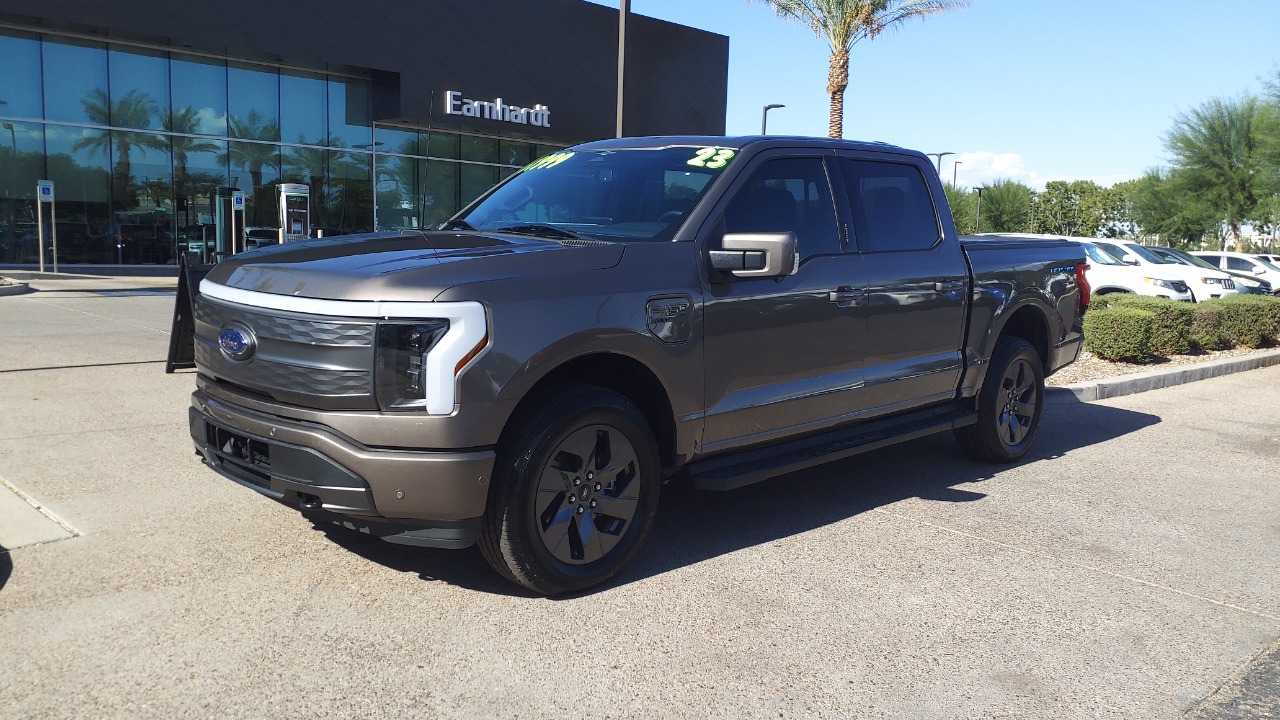
Ford has long been a leader in the truck market, with the F-Series reigning as one of the best-selling vehicles in the United States. However, recent reports suggest that Ford might be considering a shift in strategy, focusing more on electric vehicles (EVs). The success of the Ford F-150 Lightning, an electric version of the classic F-150, has paved the way for this transition.
While the traditional gasoline-powered F-150 remains popular, Ford’s decision to expand its EV lineup could signal a gradual phase-out of some conventional models. This move aligns with Ford’s commitment to sustainability and innovation in the automotive industry.
Chevrolet
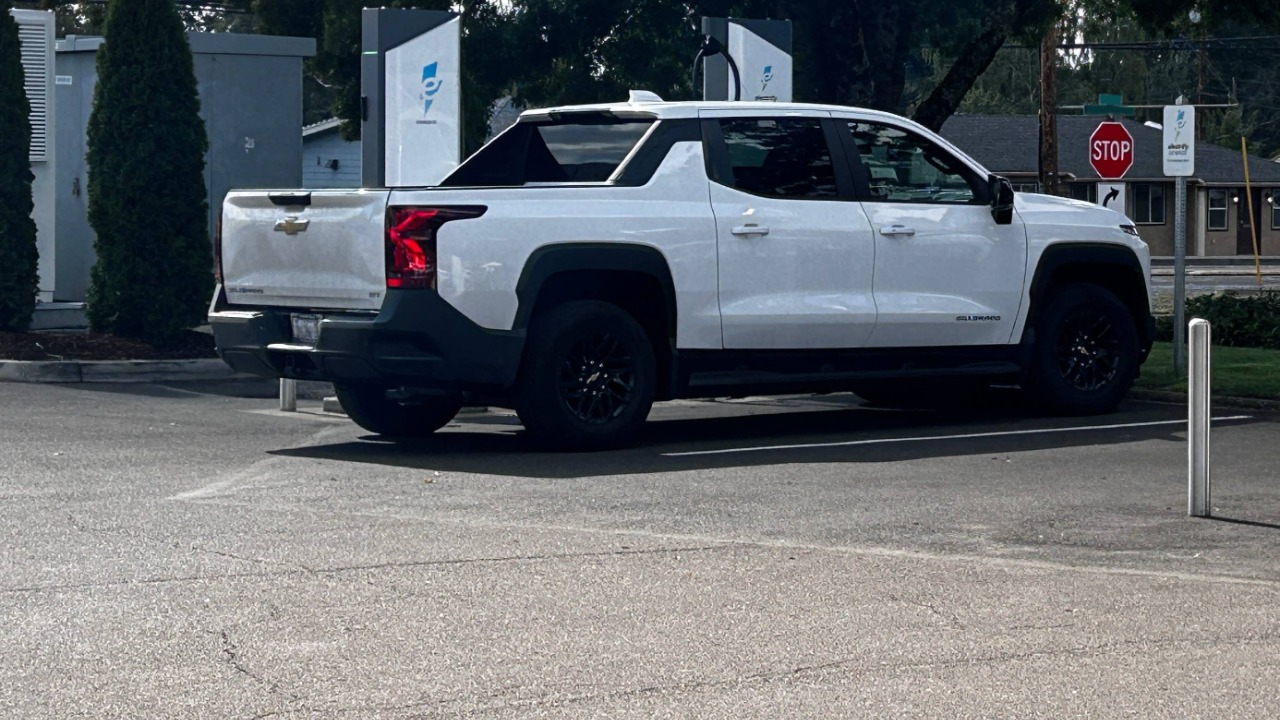
Chevrolet’s Silverado has been a staple in the truck market, known for its durability and performance. However, like Ford, Chevrolet is also investing heavily in electric vehicles. The introduction of the Silverado EV highlights the brand’s shift toward a more sustainable future.
This transition could mean a gradual reduction in the production of traditional Silverado models. Chevrolet’s strategy reflects a broader industry trend, as automakers respond to increasing demand for eco-friendly vehicles and stricter emissions regulations.
Ram
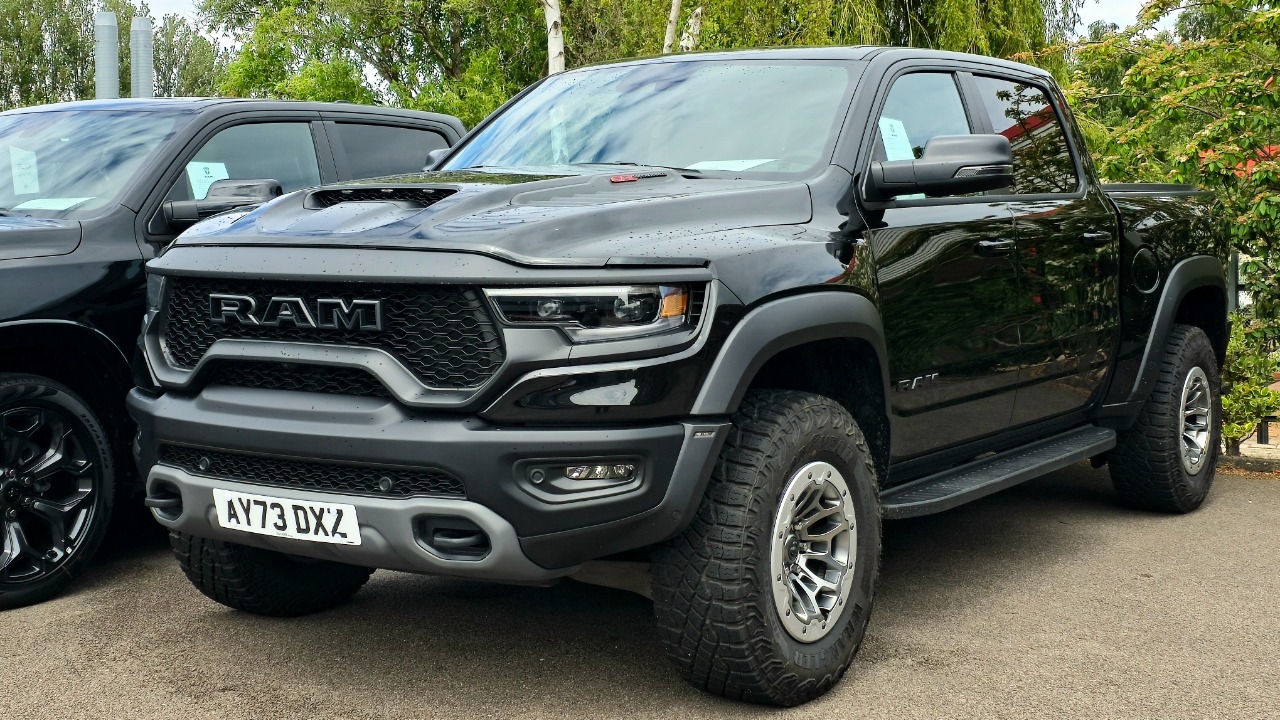
Ram trucks are renowned for their power and luxury, with models like the Ram 1500 leading the charge. However, the brand is not immune to the pressures of evolving market demands. Ram has been exploring electric and hybrid options to remain competitive in the shifting landscape.
Although there is no official announcement yet, industry insiders speculate that Ram might phase out some of its conventional models in favor of more fuel-efficient alternatives. This strategic pivot could help Ram maintain its strong market position while adapting to new consumer preferences.
Toyota
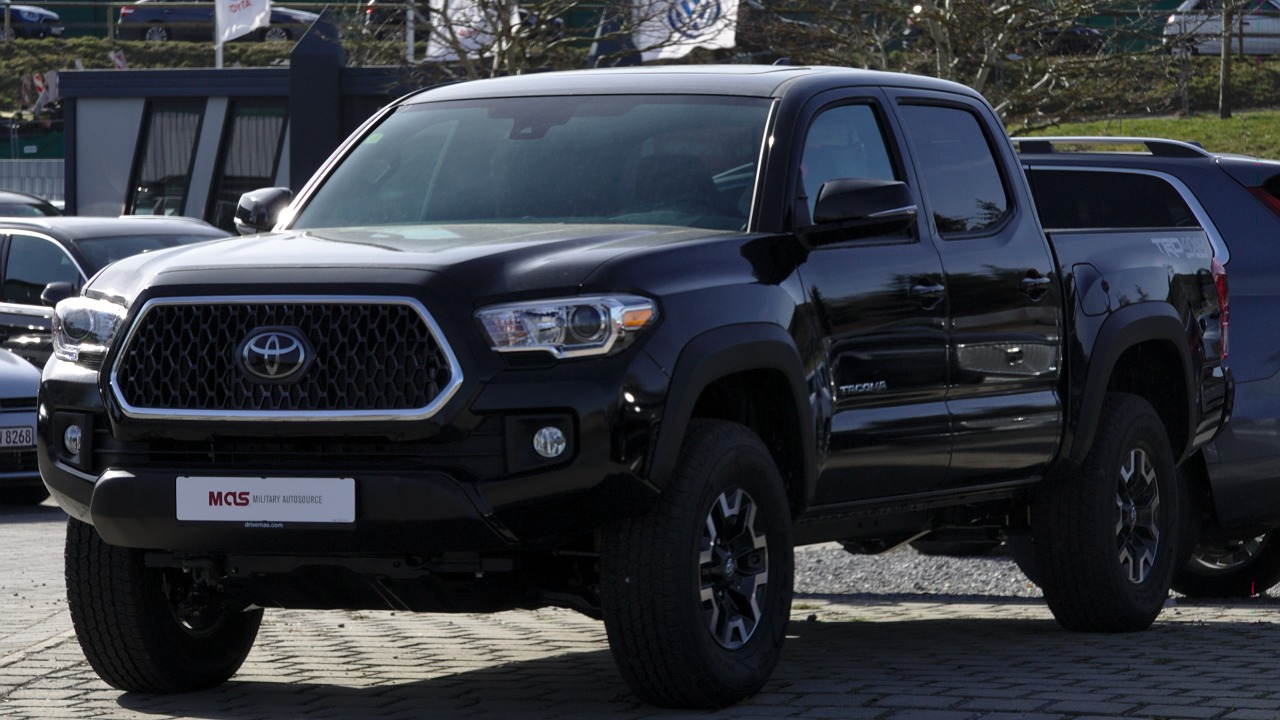
Toyota’s Tacoma has been a favorite among mid-size truck enthusiasts, offering reliability and off-road capability. Despite its popularity, Toyota is gradually steering its focus toward hybrid and electric variants, such as the Toyota Tundra Hybrid.
This move aligns with Toyota’s long-term sustainability goals and the growing demand for environmentally friendly vehicles. While the Tacoma remains a strong performer, its future may see changes as Toyota continues to innovate in the eco-friendly segment.
Nissan
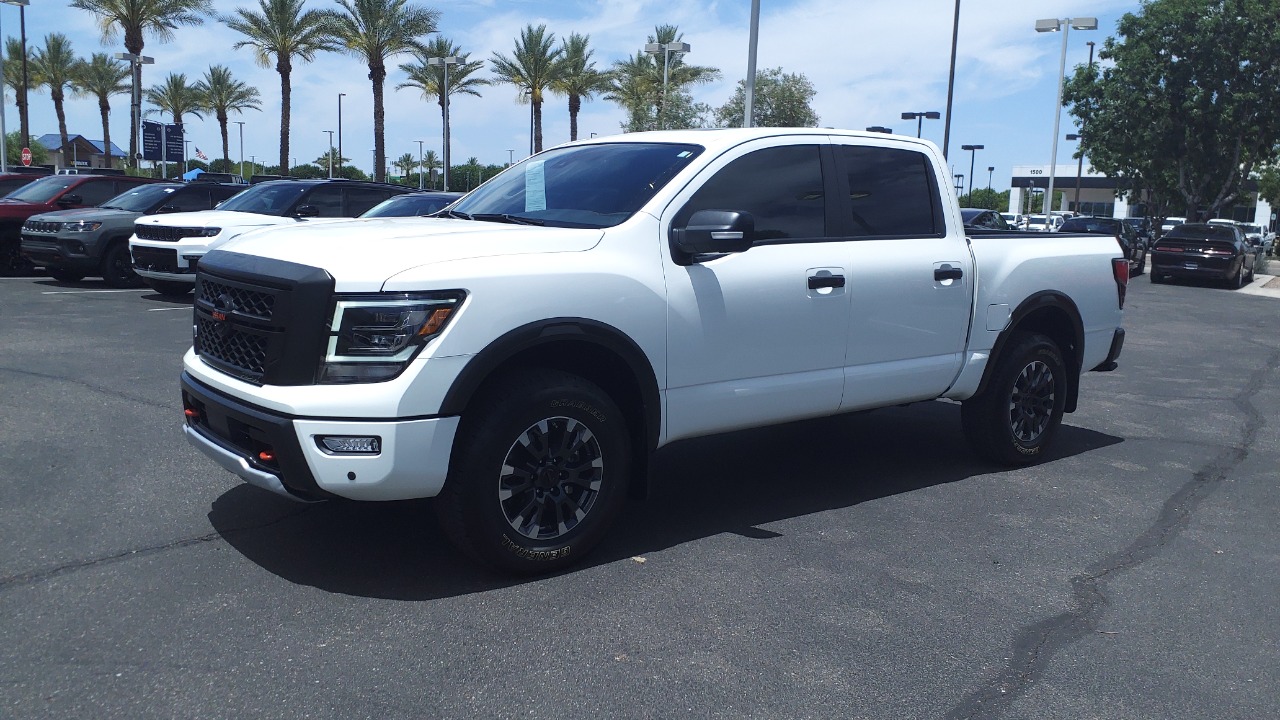
Nissan has made significant strides in the truck market with its Titan series, offering robust performance and advanced technology. However, the Titan has struggled to compete with American heavyweights like Ford and Chevrolet. As a result, Nissan is reportedly reconsidering its position in the full-size truck market.
The potential phase-out of the Titan could allow Nissan to focus more on its successful mid-size Frontier and expand its electric vehicle offerings. This strategy could enhance Nissan’s competitiveness in a rapidly changing industry landscape.
GMC
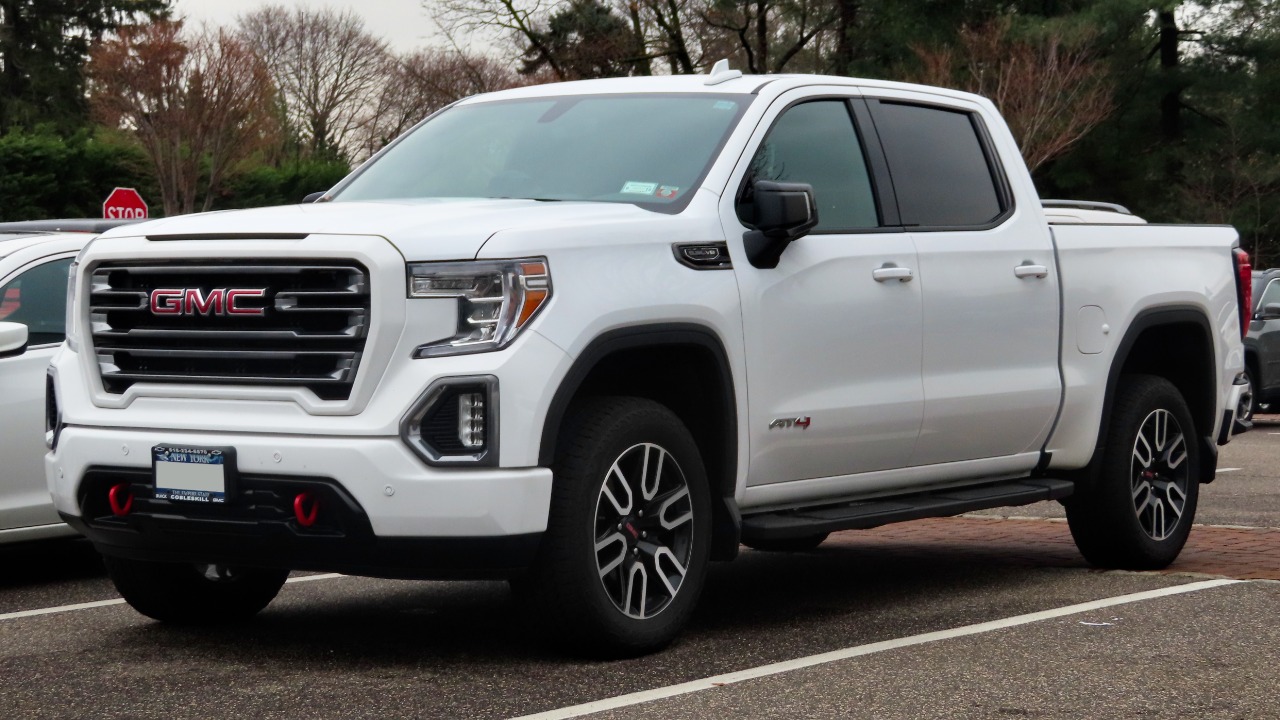
GMC, known for its premium trucks, has enjoyed success with models like the Sierra. However, the brand is also feeling the pressure to innovate and adapt to modern demands. GMC has been actively developing electric versions of its popular trucks, such as the upcoming Sierra EV.
This shift indicates a potential reduction in traditional truck models as GMC prioritizes sustainability and technological advancement. The transition reflects the brand’s commitment to meeting future market needs while preserving its reputation for quality and luxury.
Honda
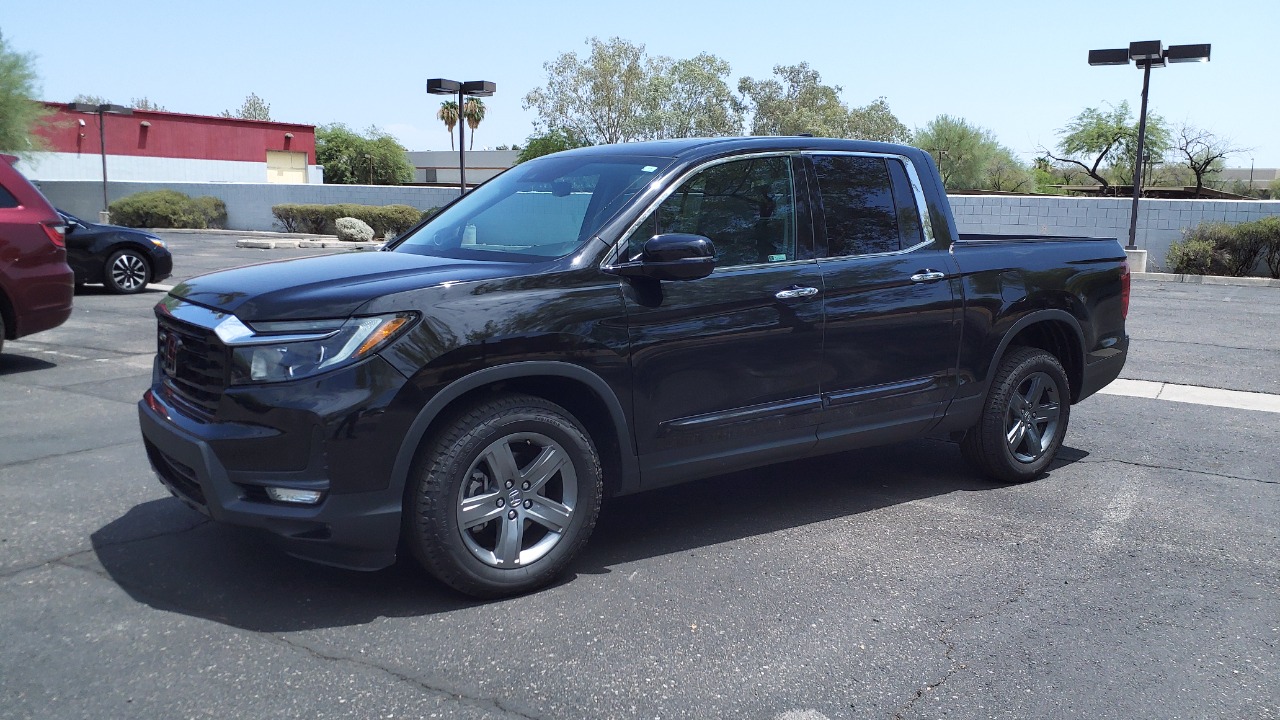
Honda’s Ridgeline, known for its unique design and versatility, has carved out a niche in the truck market. Despite its loyal following, Honda is exploring ways to enhance its lineup with hybrid and electric solutions. The brand’s commitment to reducing emissions and increasing fuel efficiency is evident in its recent initiatives.
While the Ridgeline remains a valuable part of Honda’s portfolio, the company’s focus on greener technology could reshape its truck offerings in the coming years. This evolution aligns with Honda’s vision of a more sustainable and innovative future.